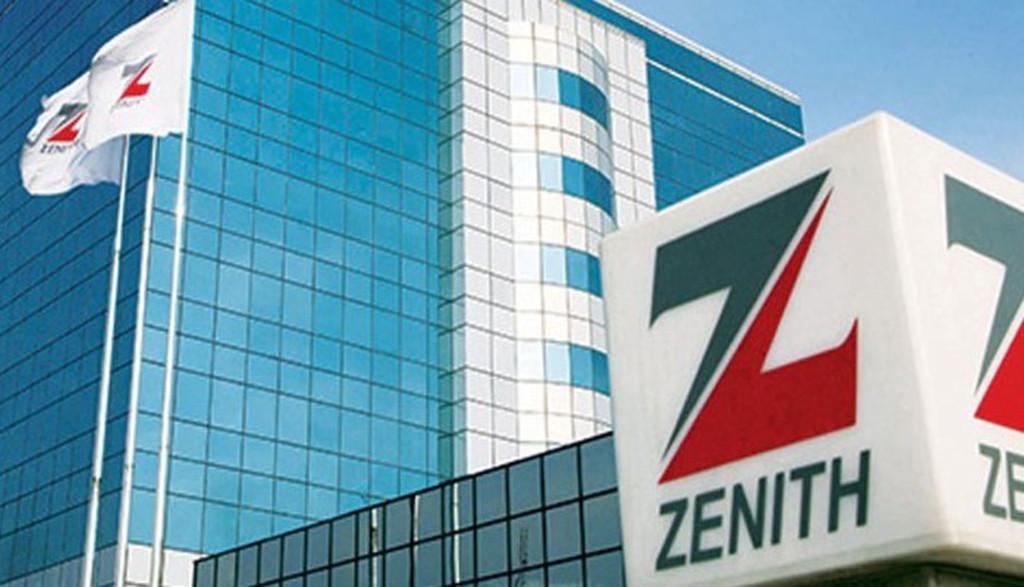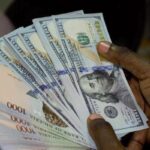Naira has retained trading value of below N1,600/$1 mark for the third day in official foreign exchange market window.
This is as it exchanged N1,534.19/$1 in official Market on Monday.
Join our WhatsApp ChannelAccording to data published by the Nigerian Autonomous Foreign Exchange Rate Fixing (NAFEX), which serves as the average rate and benchmark rate used by the CBN, trading closed on Friday, March 1, 2024, at N1,548.25/$1, with intra-day high reaching N1,600/$1, while the intra-day low was N1,425/$1.
Checks by Prime Business Africa reveal that the exchange rate last traded above N1,600/$1 on Wednesday, February 28th, when it sold for N1,609.51/$1. On Thursday, February 29, it exchanged for N1,595.11/$1.
The average daily forex turnover over the last three trading days has increased to $250 million from $160 million a week ago.
READ ALSO:
- Naira Trades For N1,900/$1 Despite Rising Demand: CBN, EFCC Collaborate To Tackle Currency Speculators
- Forex Crisis: Go After Powerful Forces In Parallel Market Strangulating Naira, Don Tells Nigerian Govt
- Save Naira: CBN Sells $20,000 Forex To BDCs At Reduced Rate Of N1,301/$
The rate of exchange as obtained from parallel market is N1,600.
Why Naira gains
Since the value of the naira tanked, especially after it was floated in the forex market, the Central Bank of Nigeria (CBN) has been making relentless efforts to stabilize the local currency, including coming up with different policies such as reviewing level of commercial banks’ net open position in the forex market, new guidelines to regulate Bureau de Change (BDC) operations in the parallel market, among others. These are all in a bid to boost liquidity in the in the FX market to meet demands and also curb the illicit activities of FX rate speculators which the apex bank claim also contribute to the rate instability.
Talking about dealing with forex speculation, the CBN recently clamped down on the cryptocurrency trading platform Binance.
Analysts also believe that the last week hike of the Monetary Policy Rate (MPR) from 18.75 per cent to 22.75 per cent by the CBN, contributed to the naira stability so far recorded. The CBN governor, Olayemi Cardoso had said the rationale behind raising the benchmark interest rate was to fight inflation by controling money supply into the economy. He also hinted at using the monetary policy to being down exchange rate and achieve price stability.
The apex bank also sold over N3 trillion in Treasury Bills and OMO bills combined, and also began the sale of forex to BDC operators while also banning over 4,000 operators for failing to meet its licensing requirements.
The citizens hope that the measures adopted by the monetary authority band those on the fiscal side, would help to mitigate the economic challenges in the country.
Victor Ezeja is a passionate journalist with seven years of experience writing on economy, politics and energy. He holds a Master's degree in Mass Communication.

















Follow Us